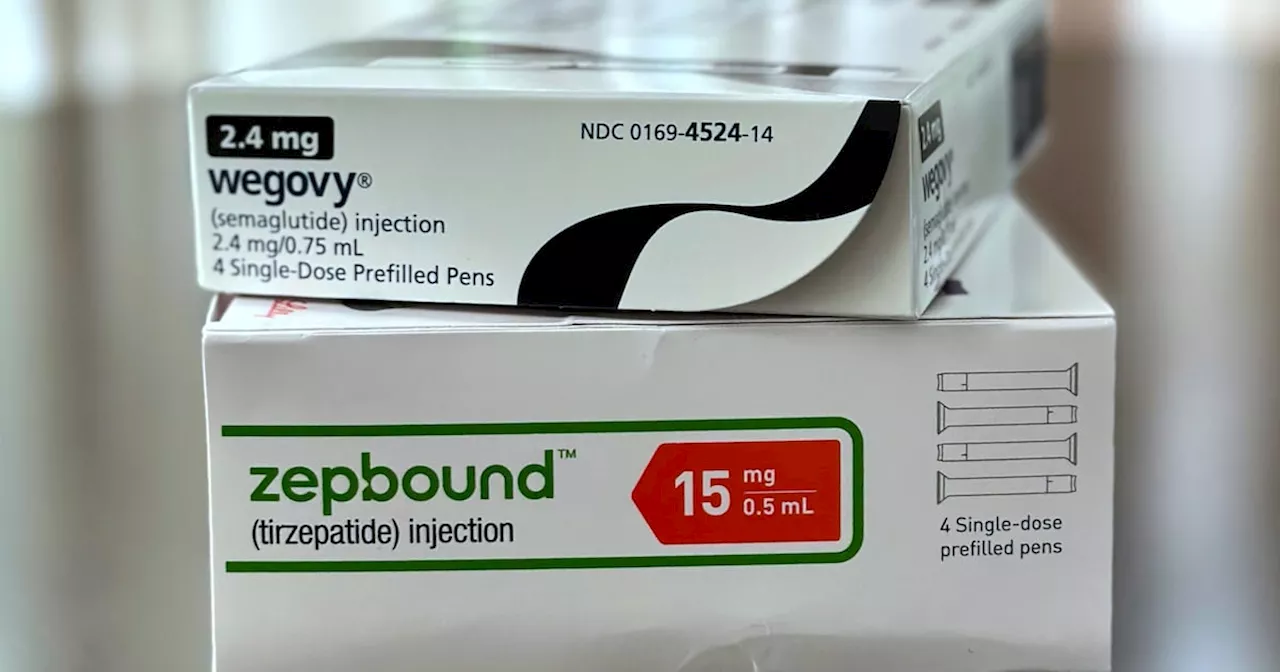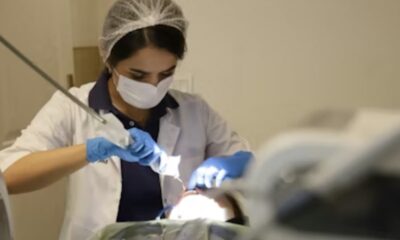Health
Experimental Pig Kidney Transplant Shows Positive Results in U.S.

A groundbreaking pig kidney transplant is making headlines as Bill Stewart, a resident of Dover, New Hampshire, reports positive recovery after receiving the experimental procedure in June 2023. Doctors at Massachusetts General Hospital confirmed that Stewart is doing well following the surgery, marking a significant step forward in the field of xenotransplantation.
The transplant, which took place on June 10, involved the use of a genetically modified pig kidney. This innovative approach aims to address the critical shortage of human organs available for transplant. With over 100,000 individuals in the United States awaiting kidney transplants, the potential for animal organs to fill this gap is being closely monitored by the medical community.
As part of the ongoing research into this area, Stewart’s case will serve as a precursor to broader clinical trials expected to commence shortly. These trials are designed to assess the safety and efficacy of pig kidneys in human recipients, which could revolutionize organ donation and transplantation practices.
In a statement released by the hospital, surgeons expressed optimism about the findings from Stewart’s case. They noted that the pig kidney has shown signs of functioning properly, with no immediate signs of rejection. The success of this transplant may encourage further investigations into the viability of animal organs for human use.
Stewart, who has described himself as a “science nerd,” expressed gratitude for the opportunity to participate in this pioneering research. He hopes that his experience can help others who are in need of organ transplants. His case exemplifies the potential for xenotransplantation to save lives, particularly for those suffering from kidney disease.
The unique challenges associated with organ transplantation have led researchers to explore alternative sources. In recent years, the field has seen advancements in genetic engineering that make the use of animal organs more feasible. By modifying certain genes in pigs, scientists aim to reduce the risk of rejection and improve compatibility with human recipients.
As the medical community prepares for the upcoming clinical trials, experts remain focused on the ethical considerations surrounding xenotransplantation. The implications of using animal organs for human transplant raise questions about animal welfare and the long-term effects on human health.
The outcome of Stewart’s transplant could pave the way for new treatment options for patients with organ failure. With an increasing number of individuals on waiting lists, the urgency for innovative solutions is paramount. The upcoming trials will be crucial in determining whether pig kidneys can be a viable alternative for those in need of life-saving transplants.
In summary, Bill Stewart’s positive recovery following his pig kidney transplant at Massachusetts General Hospital highlights the potential of xenotransplantation in addressing organ shortages. As clinical trials begin, there is hope that this research could lead to significant advancements in the field of organ transplantation and ultimately save countless lives.
-

 Technology5 months ago
Technology5 months agoDiscover the Top 10 Calorie Counting Apps of 2025
-

 Health2 months ago
Health2 months agoBella Hadid Shares Health Update After Treatment for Lyme Disease
-

 Health3 months ago
Health3 months agoErin Bates Shares Recovery Update Following Sepsis Complications
-

 Technology4 months ago
Technology4 months agoDiscover How to Reverse Image Search Using ChatGPT Effortlessly
-

 Technology1 month ago
Technology1 month agoDiscover 2025’s Top GPUs for Exceptional 4K Gaming Performance
-

 Technology2 months ago
Technology2 months agoElectric Moto Influencer Surronster Arrested in Tijuana
-

 Technology5 months ago
Technology5 months agoMeta Initiates $60B AI Data Center Expansion, Starting in Ohio
-

 Technology5 months ago
Technology5 months agoRecovering a Suspended TikTok Account: A Step-by-Step Guide
-

 Health4 months ago
Health4 months agoTested: Rab Firewall Mountain Jacket Survives Harsh Conditions
-

 Lifestyle5 months ago
Lifestyle5 months agoBelton Family Reunites After Daughter Survives Hill Country Floods
-

 Technology4 months ago
Technology4 months agoHarmonic Launches AI Chatbot App to Transform Mathematical Reasoning
-

 Technology3 months ago
Technology3 months agoUncovering the Top Five Most Challenging Motorcycles to Ride




















